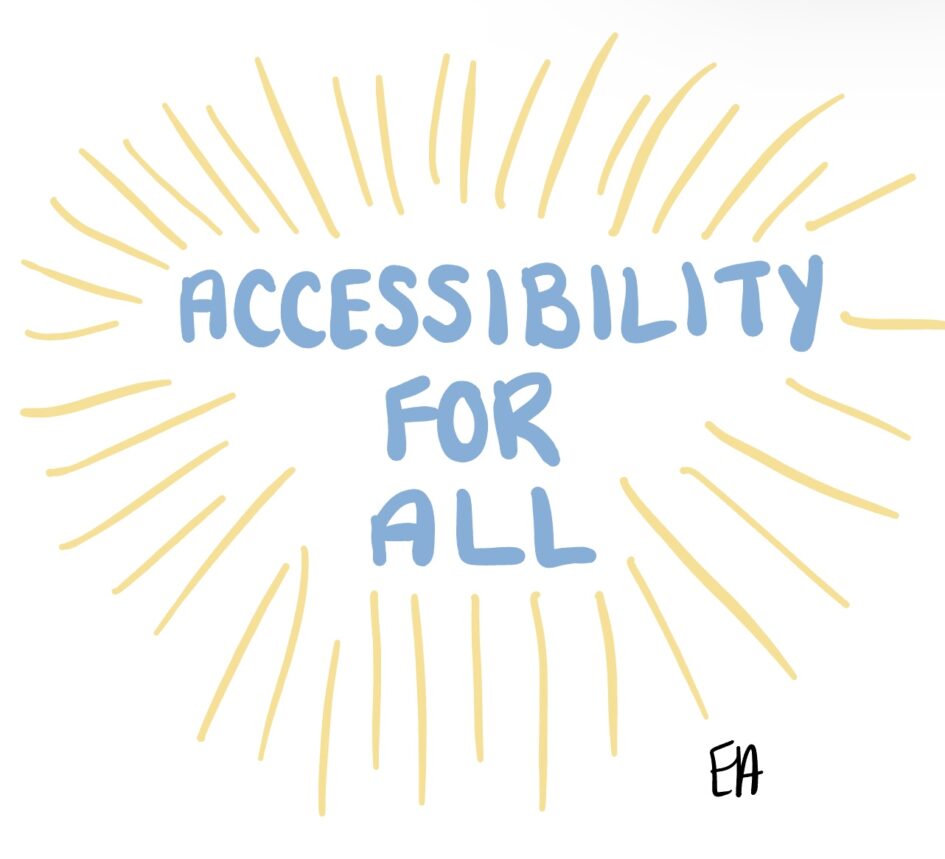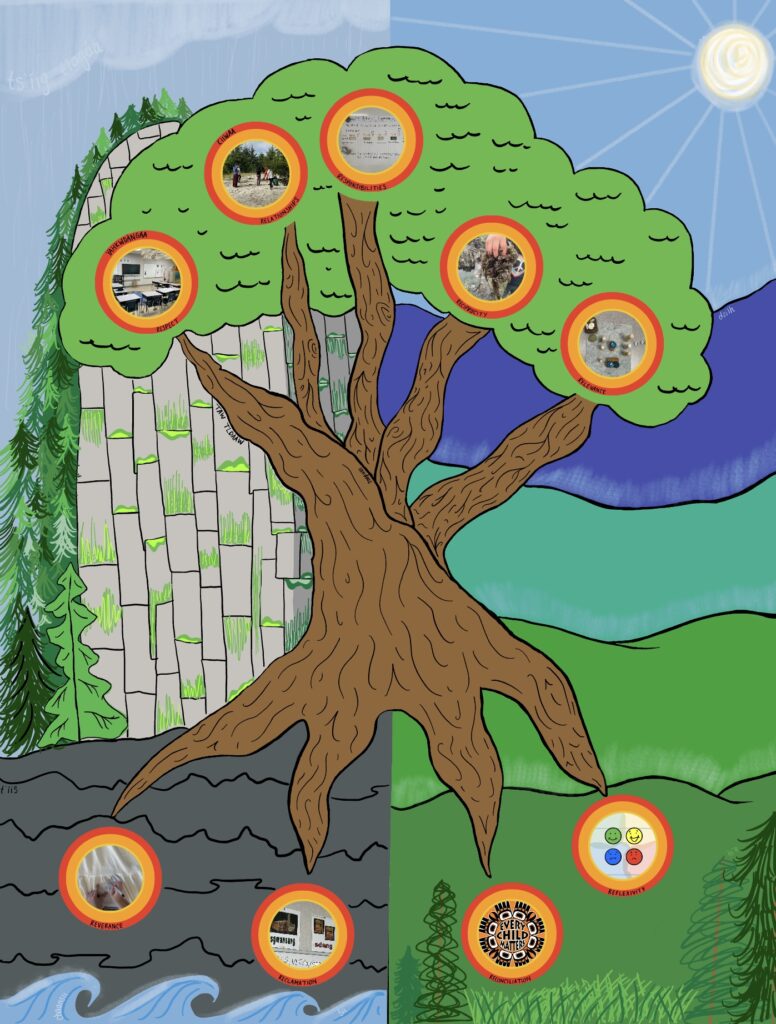February 1, 2024
Today we had Victoria Woelders from ARC BC share an engaging and informative presentation on what ARC BC is, what it does, and how we can use this resources to best support our students. Essentially, they are able to digitize and condense any text so that all students are able to access required and supplemental text and have an equal chance at success. There is even a voice-to-text feature included for students who respond well to that style of learning. Resources presented by ARC BC are for any student who struggles interacting with physical books and resources. From the perspective of a teacher, ARC BC helps us better serve our students and meet them where they are at.
I am passionate about teaching in rural communities and definitely see myself getting involved with northern school districts, so it is comforting to know that ARC BC is a resource that extends across the province. Some rural communities often do no have the same access or expanse of resources in comparison to larger centres such as Vancouver. ARC BC is definitely a resource I will be leaning on in my practice if I have students who would benefit from any form of a non-traditional textbook.
Prior to the presentation, I had not heard about the ABC Act. The ABC Act is there to “identify, remove, and prevent barriers to accessibility in schools” (Woelders 2024). It is mandatory that this is enforced in every school to ensure optimal student success despite the different needs. The committee in place to support the students and the school is composed of those who represent the diversity that is prevalent in the school. The committee is extremely qualified for this role as they share common experiences and have an awareness of the community that could benefit the students. The focus of the school community is to “get our students…to a place where they feel successful” (Woelders 2024). A strategy we can use as educators is to use students’ strengths as a starting point and make things less stressful on the students. We want them to be able to focus on the actual learning rather than them being overwhelmed on overcoming the barriers before getting to the learning. This extends to members of the school community as well. We want to make communication as clear as possible for the outside community and take into consideration what is most suitable for our students and their support systems. In doing so, we are fostering an inclusive community and considering all needs that exist both inside and outside our classroom.








Leave a Reply